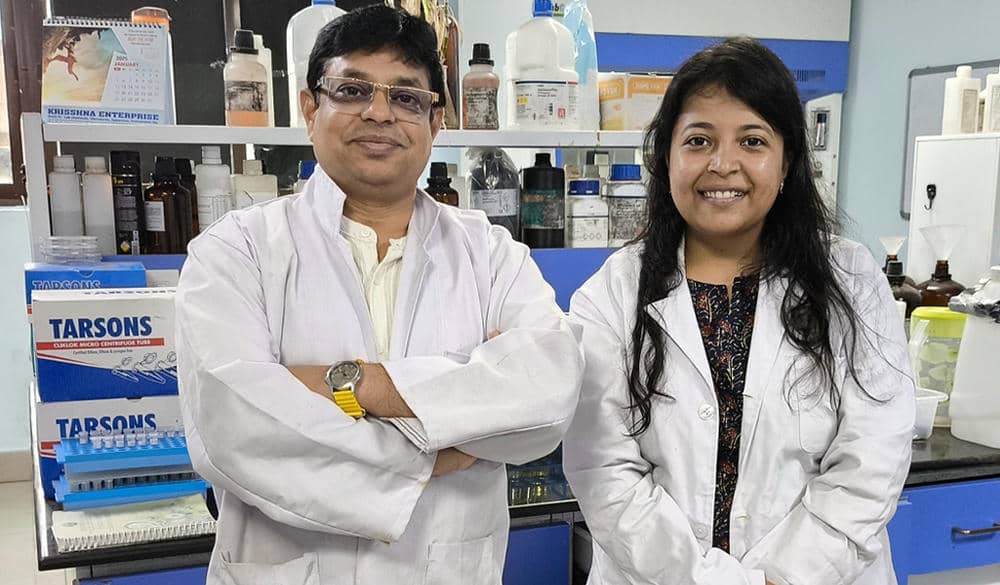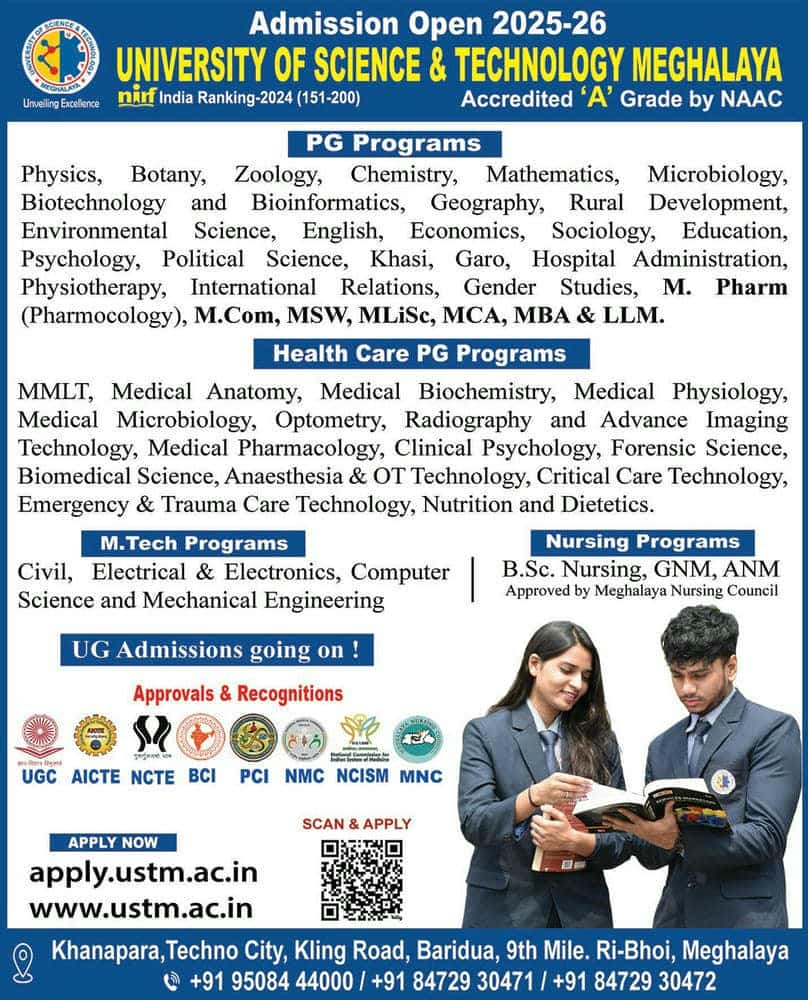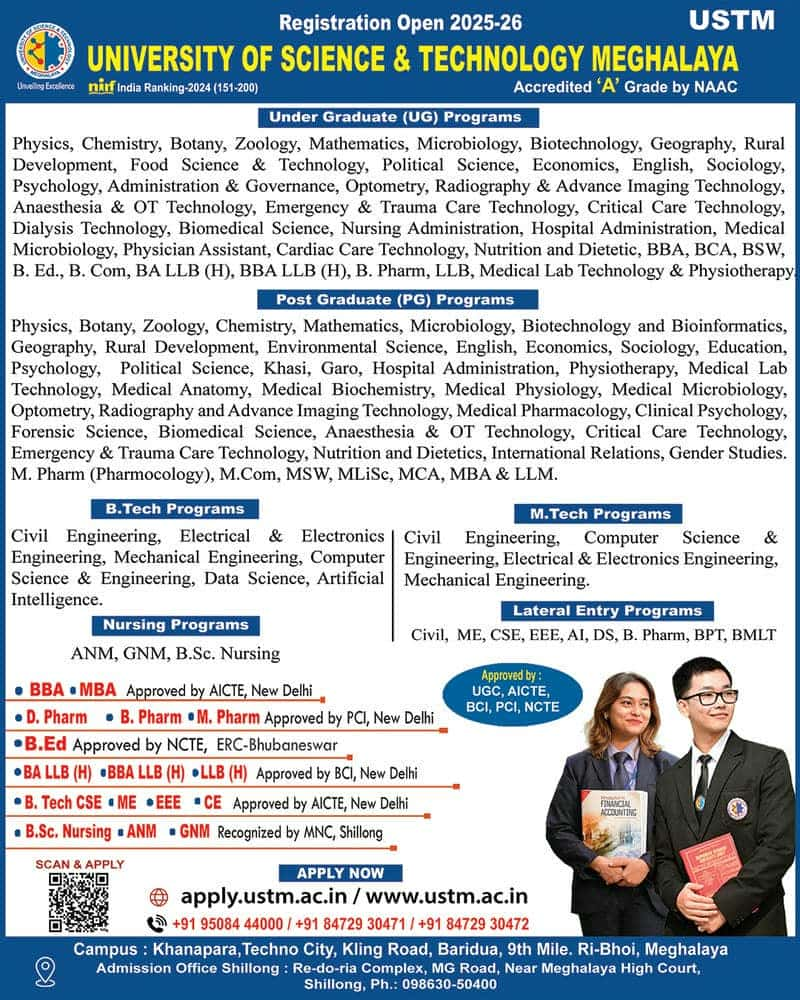IIT Guwahati develops milk-protein-based nanosensor for instant detection of water pollutants

Researchers at the Indian Institute of Technology Guwahati (IITG) have developed a low-cost nanosensor that can detect cancer-causing mercury and harmful antibiotic contamination in water in under 10 seconds.
The sensor, created using carbon dots derived from milk protein and thymine, was developed by Prof. Lal Mohan Kundu of the Department of Chemistry, along with research scholars Pallabi Paul and Anushka Chakraborty. These carbon dots glow naturally under ultraviolet light, but their fluorescence dims in the presence of mercury or tetracycline antibiotics, providing a quick, visible signal of contamination.
Mercury, especially in its organic form, is highly toxic and linked to cancer, neurological disorders, and cardiovascular diseases. Tetracycline antibiotics, commonly used to treat respiratory infections, can pollute water if not disposed of properly, contributing to antibiotic resistance and health risks.
Laboratory tests show that the nanosensor can detect mercury at 5.3 nanomolar—well below the U.S. EPA safety limit—and tetracyclines at 10–13 nanomolar. The sensor has been successfully tested in tap water, river water, milk, urine, and serum samples. To make the technology more accessible, the team also developed paper-strip versions for on-the-spot testing under UV light, which could enable real-time water quality monitoring even in remote areas.
Prof. Kundu highlighted that the biocompatible, low-cost sensor holds potential not only for water testing but also for biomedical applications. The team’s findings have been published in Microchimica Acta. While promising, IIT Guwahati notes that the technology is still at the laboratory stage and requires further validation before commercial use.



Leave a Reply